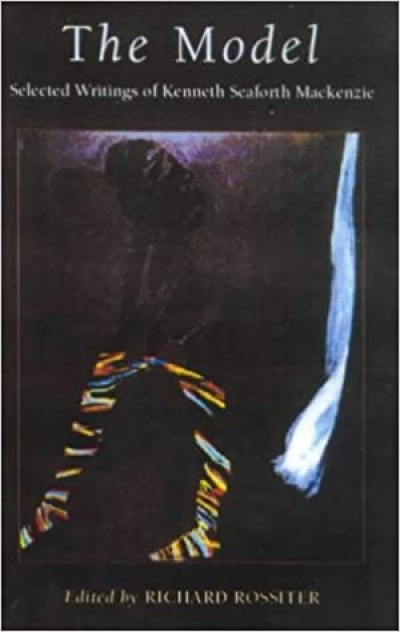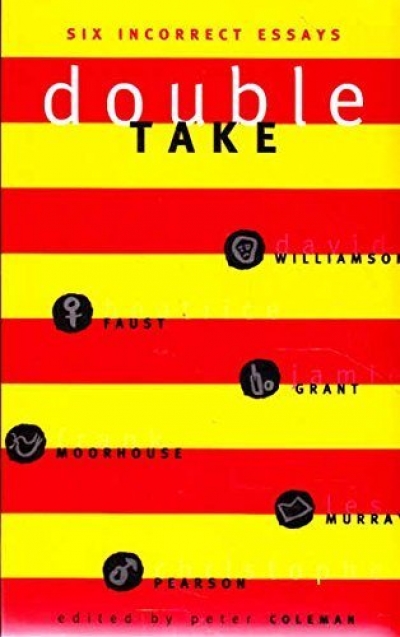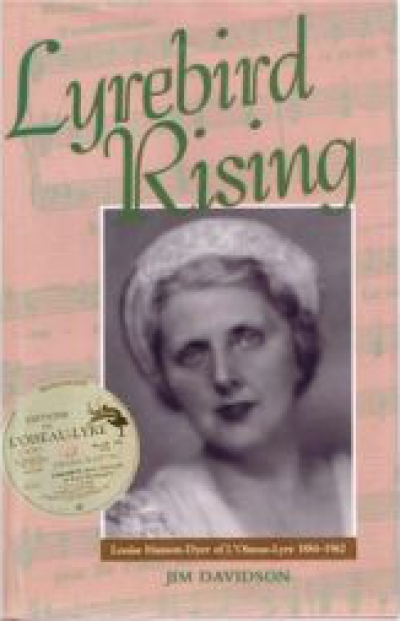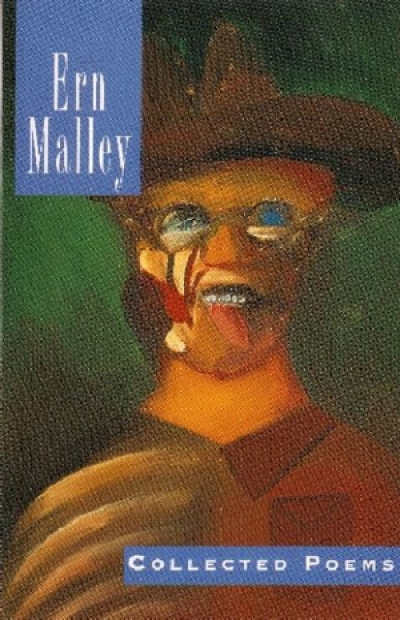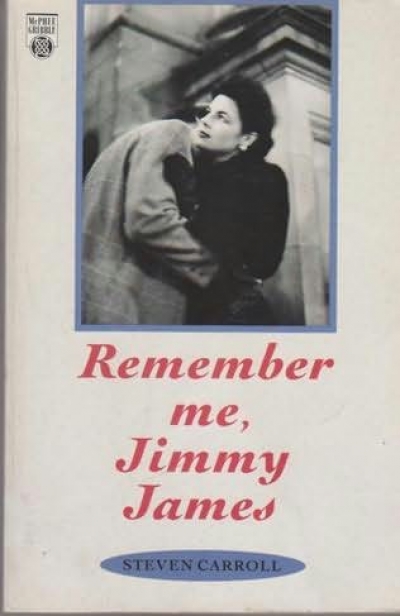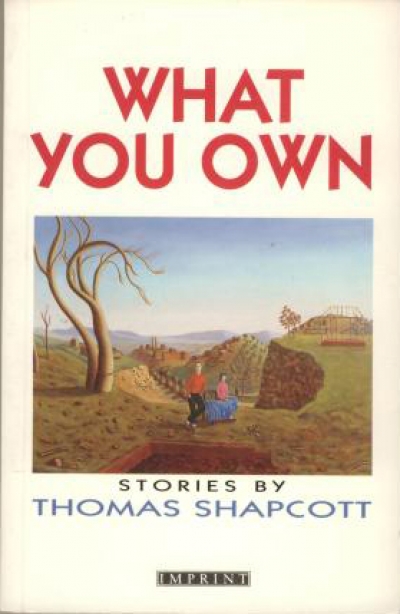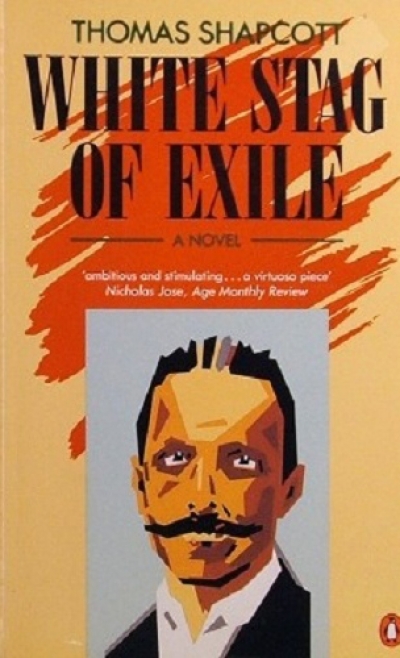Thomas Shapcott
The Model: Selected writings of Kenneth Seaforth Mackenzie edited by Richard Rossiter
Geoff Dutton was a man-of-letters who for many years made (with Max Harris) Adelaide seem one of the lively centres of Australian literary culture. One thinks of him in association with the magazines Angry Penguins, Australian Letters, and the original Australian Book Review, not to mention the inauguration of an Australian publication list for Penguin Books, and then, when that soured, the setting up of Sun Books, one of the most innovative of Australian publishing ventures at that time – which was in the difficult slough period of the 1950s and 1960s and into the 1970s.
... (read more)Lyrebird Rising: Louise Hanson-Dyer of l’Oiseau-Lyre, 1884–1962 by Jim Davidson
For the previous Commonwealth Writers’ Week associated with the Commonwealth Games at Edmonton, a large if not necessarily lively anthology of writing from all countries of the Commonwealth was produced. Brisbane produced a twelve page ‘Guide to Participants’ which showed that only eighteen of the sixty-three listed participants were not Australian or Australian born. Not all of the eighteen visitors turned up, the most conspicuous absentee being Edward Brathwaite of Jamaica. This imbalance was reflected in the sessions themselves, nearly half of which were exclusively Australian in content.
... (read more)
